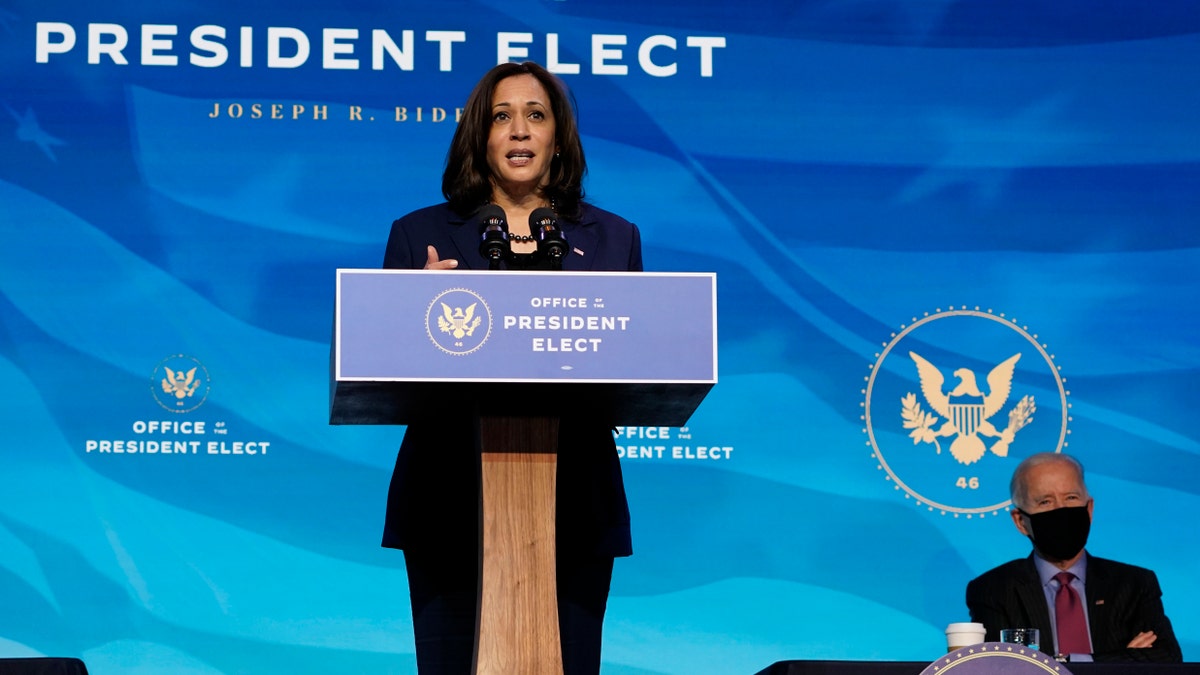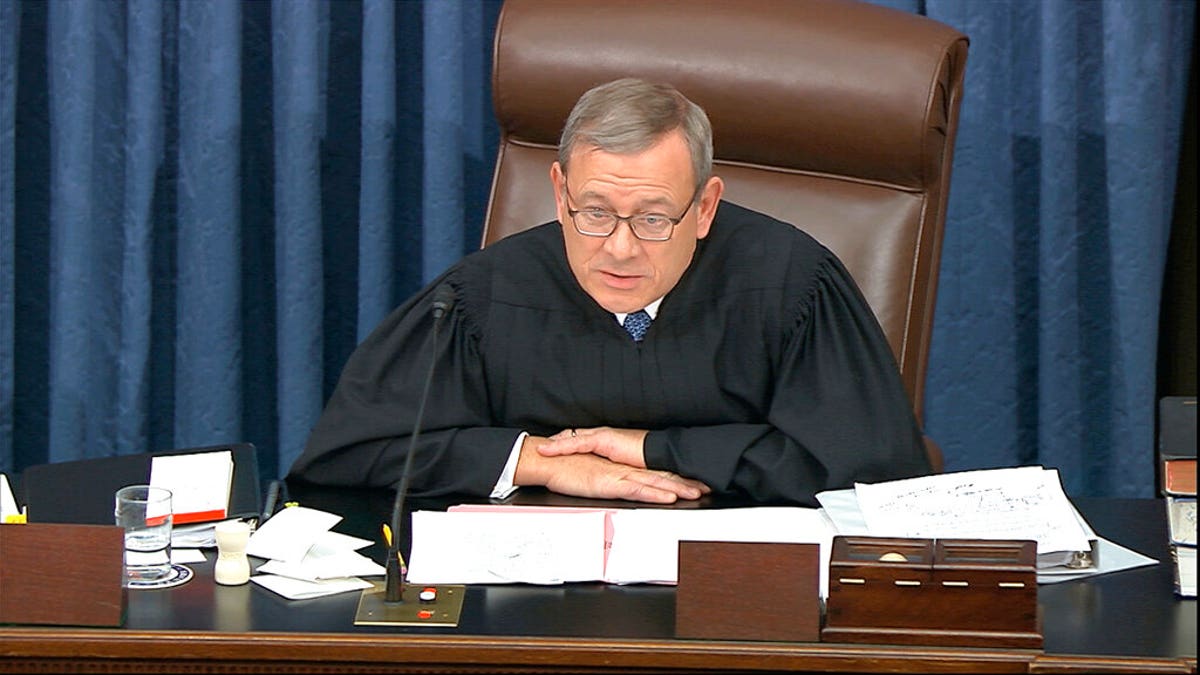Fox News Flash top headlines for January 19
Fox News Flash top headlines are here. Check out what's clicking on Foxnews.com.
One of Vice President-elect Kamala Harris' first tasks in her new job could be to preside over an impeachment trial of President Trump.
Politico reported on Tuesday that Chief Justice John Roberts "wants no further part" in overseeing the politically charged situation after he presided over the first impeachment trial of Trump less than one year ago.
The Constitution says that in impeachments for presidents, the chief justice of the Supreme Court is the presiding officer. For lesser impeachments, the presiding officer has been the same as for other Senate business — either the vice president or a senator. The Constitution is not clear on who should preside over impeachments for former presidents.
If Roberts does not preside over a Senate trial, Harris would likely have the choice of whether to preside herself. The transition organization for the incoming Biden administration did not respond to a request for comment asking whether Harris would do that.

President-elect Joe Biden listens as Vice President-elect Kamala Harris speaks during an event at The Queen theater in Wilmington, Del., Friday, Jan. 8, 2021, to announce key administration posts. (AP Photo/Susan Walsh)
If Harris passes on presiding over the trial, it would fall to a senator, likely Sen. Patrick Leahy, D-Vt., who is the longest-serving Democrat.
Roberts, whose job makes him the de facto caretaker of the national judiciary, is seen as an institutionalist who aims to keep the Supreme Court out of highly controversial political waters. He is known for often sidestepping sweeping decisions on major issues and crafting narrow opinions to dispense with the case at hand while some of his colleagues beg the court to make broader decrees.
During the 2020 Trump impeachment, Roberts declined to be a tie-breaking vote in the Senate when asked by Senate Minority Leader Chuck Schumer, D-N.Y.
"I have a parliamentary inquiry," Schumer said. "Is the chief justice aware that in the impeachment trial of President Johnson, Chief Justice Chase, as presiding officer, cast tie-breaking votes on both March 31 and April 2, 1868?"
HARRIS RESIGNS FROM SENATE 2 DAYS BEFORE INAUGURATION
Roberts said that the votes Chase broke ties on were minor procedural motions, and noted that the votes were unusual in the history of impeachments and happened a century and a half ago.

In this image from video, presiding officer Supreme Court Chief Justice John Roberts admonishes the impeachment managers and president's counsel in equal terms as he speaks during the impeachment trial against President Donald Trump in the Senate at the U.S. Capitol in Washington, Wednesday, Jan. 22, 2020. Roberts asked them to "avoid speaking in a manner and using language that is not conducive to civil discourse." (Senate Television via AP)
"If the members of this body, elected by the people and accountable to them, divide equally on a motion — the normal rule is that the motion fails," Roberts said. "I think it would be inappropriate for me, an unelected official from a different branch of government, to assert the power to change that result so that the motion would succeed."
Roberts at another point in the impeachment trial was visibly irked when Sen. Elizabeth Warren, D-Mass., asked a question regarding the legitimacy of the Supreme Court.
Schumer was likely referring to the possibility that Roberts could decide the fate of a motion to hear witnesses in the 2020 Trump impeachment trial, which eventually failed 51-49.
CLICK HERE TO GET THE FOX NEWS APP
The Supreme Court's public information office did not immediately respond to a request to confirm whether or not Roberts would preside over a Senate trial, or whether he believes the Constitution mandates that he oversee the impeachment trial of a former president.
Fox News' Nick Givas contributed to this report.






